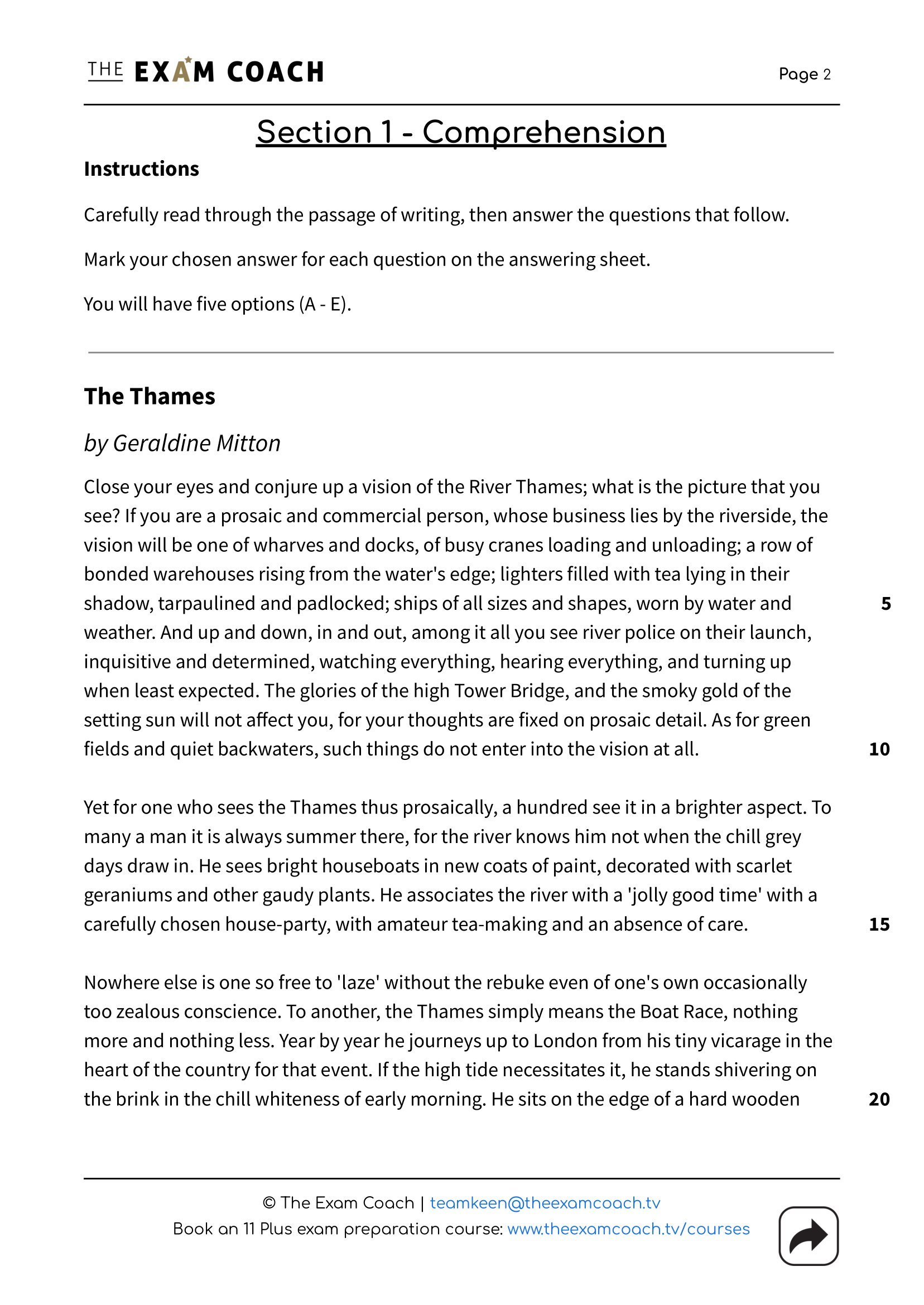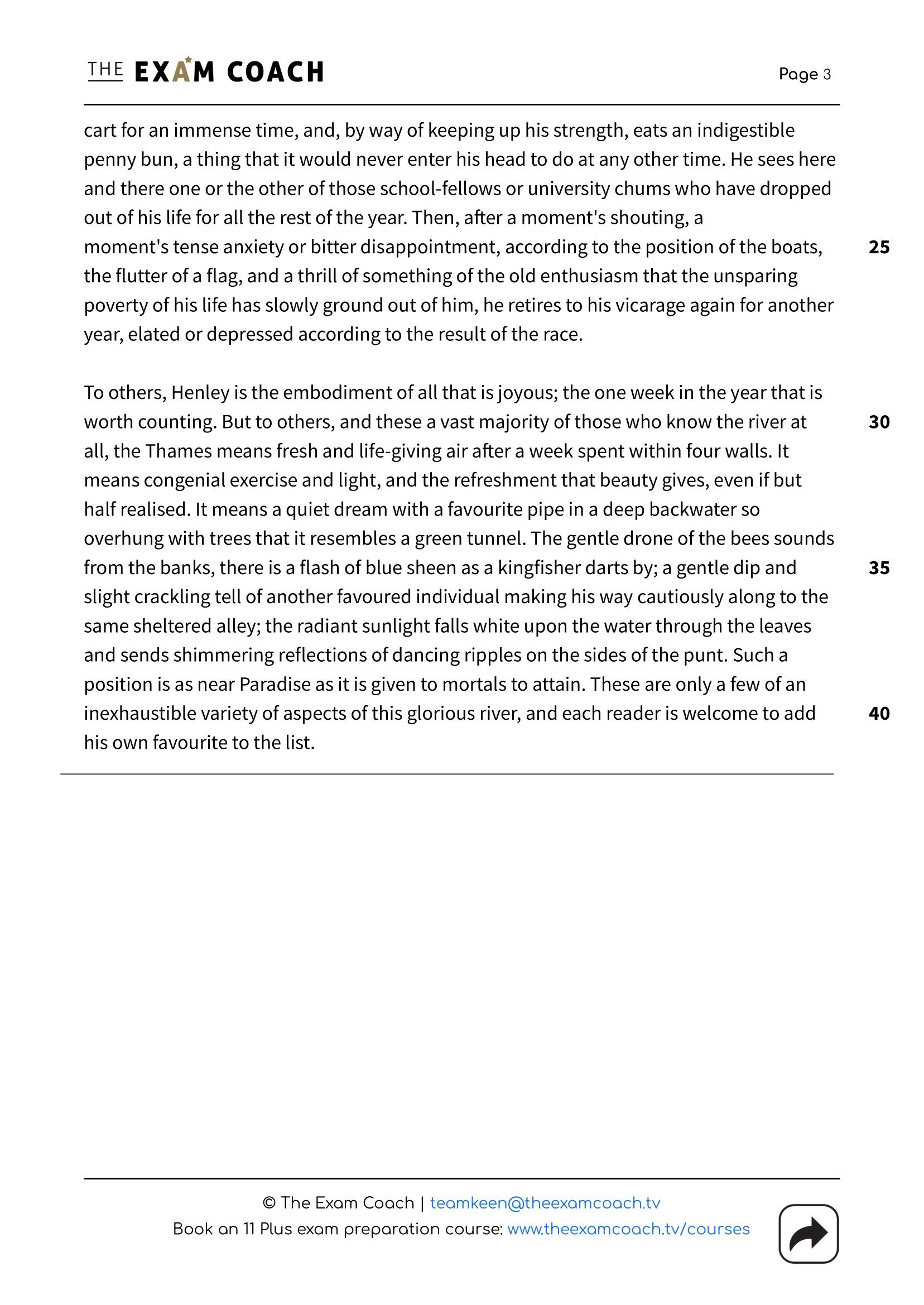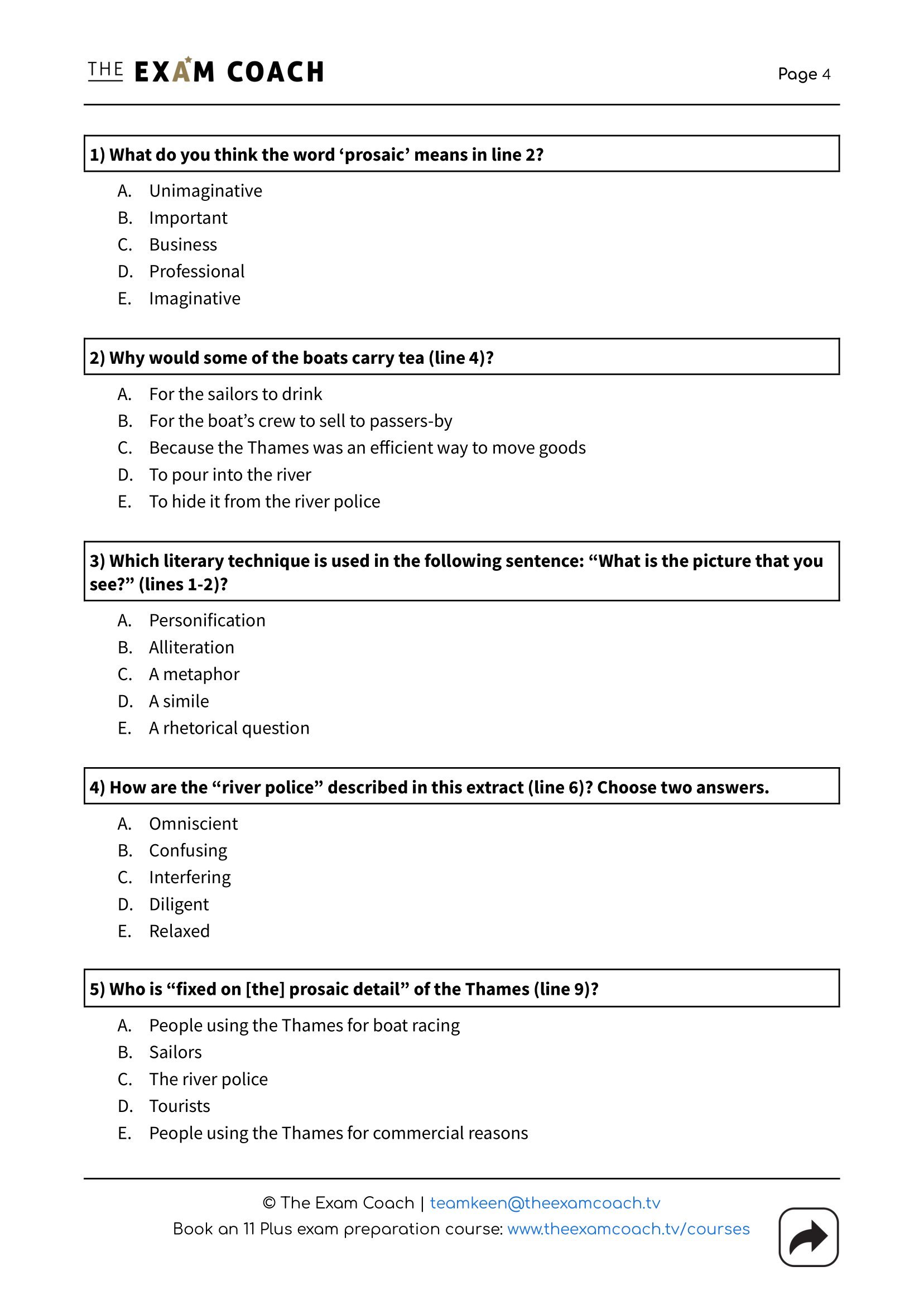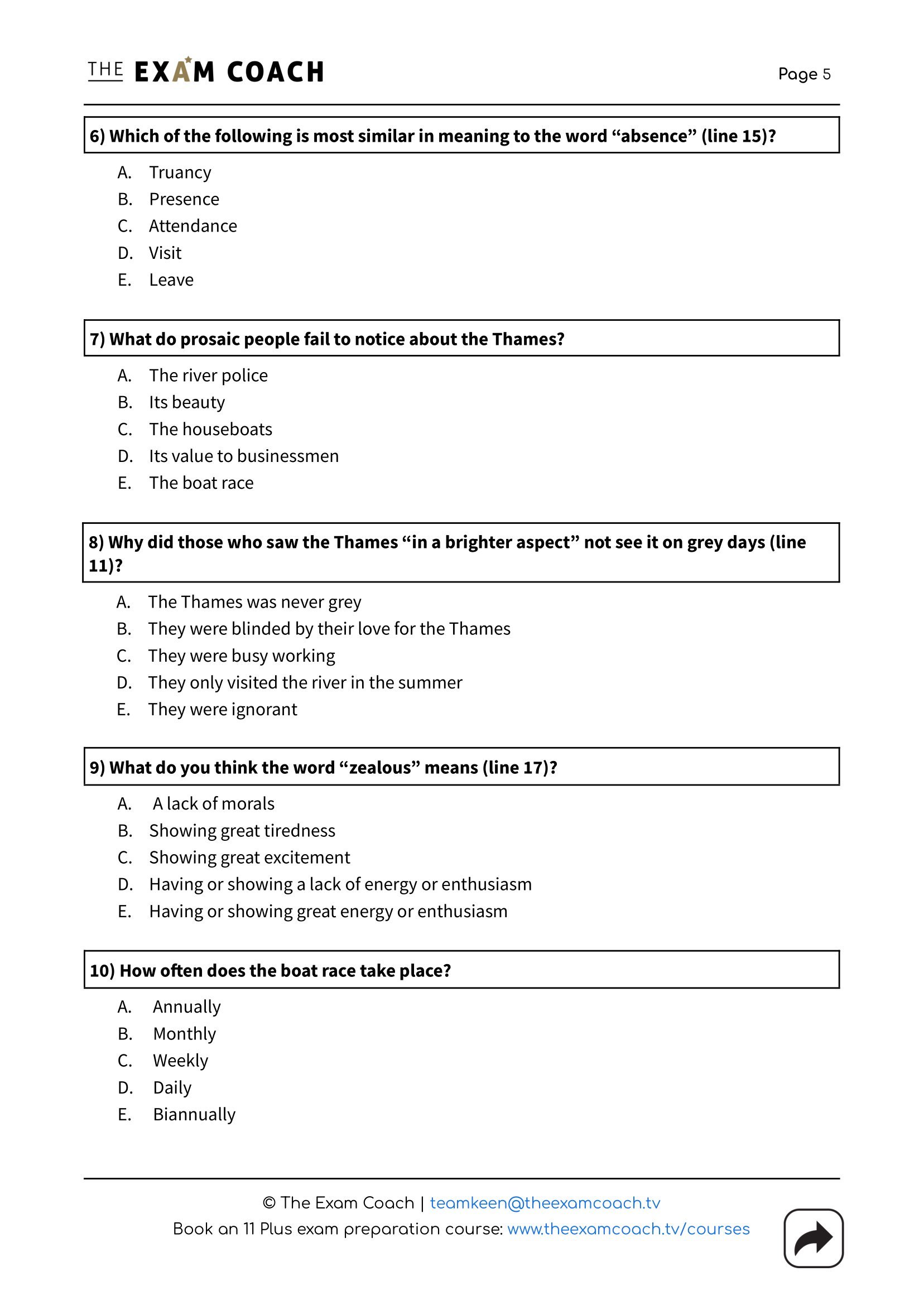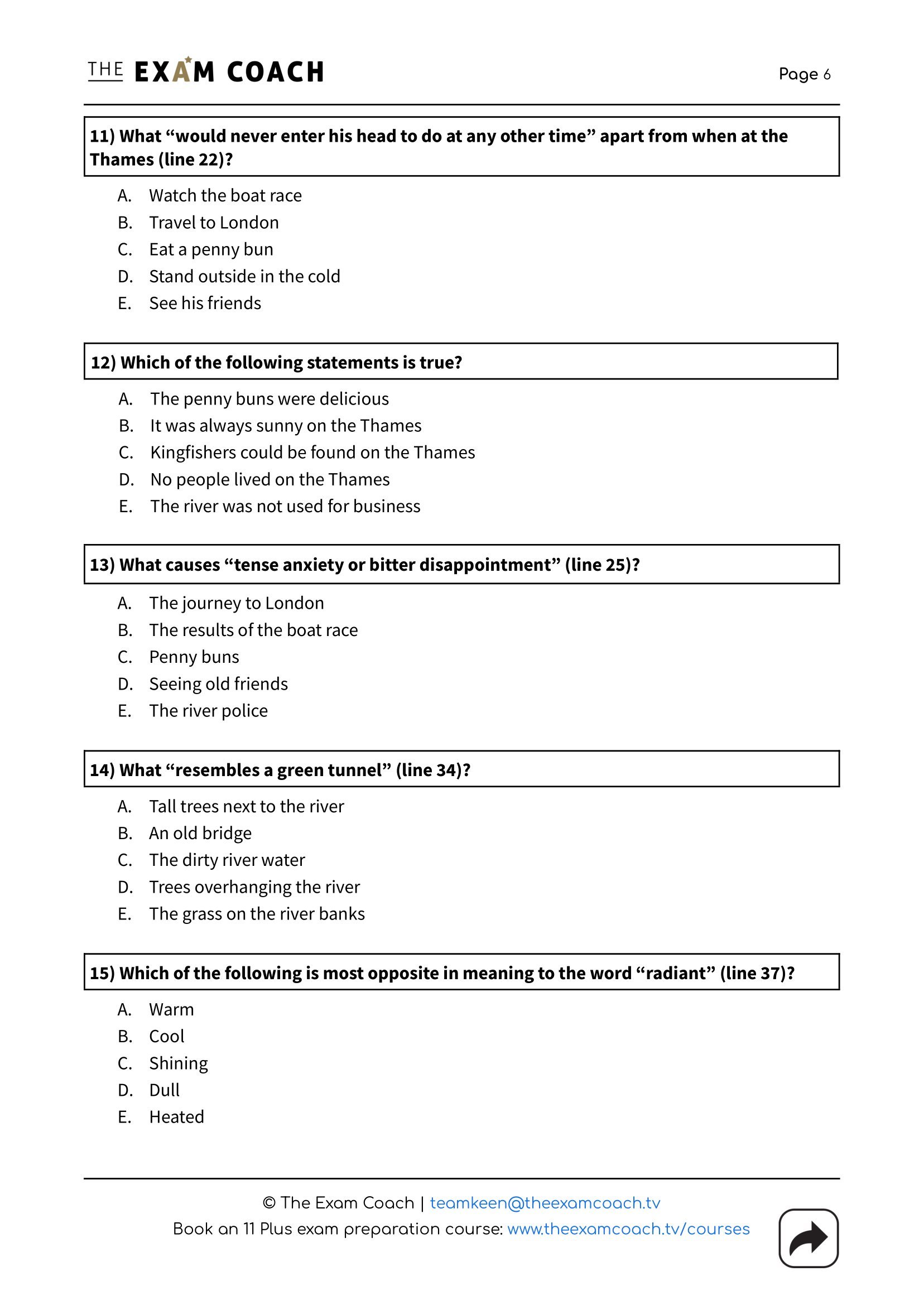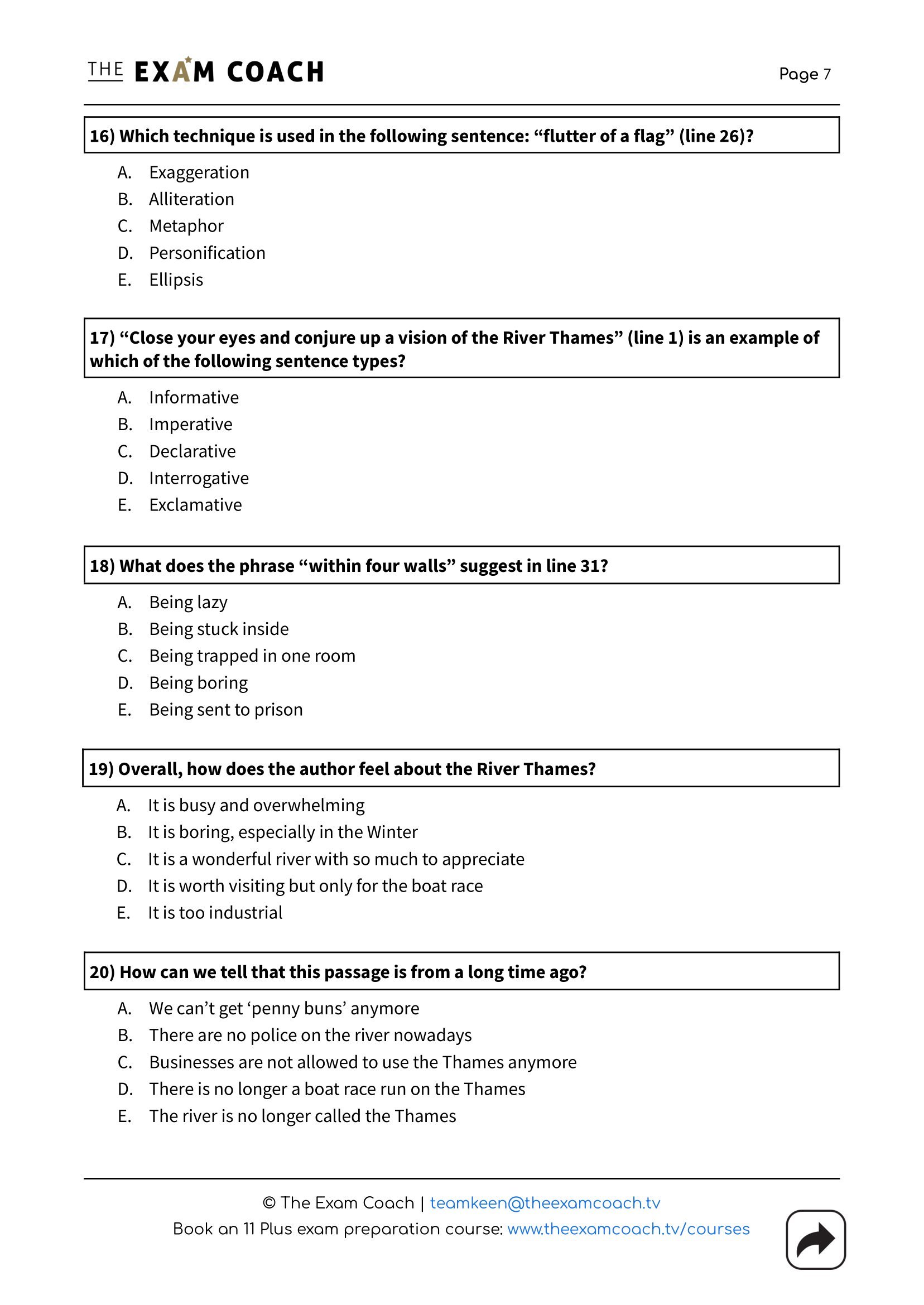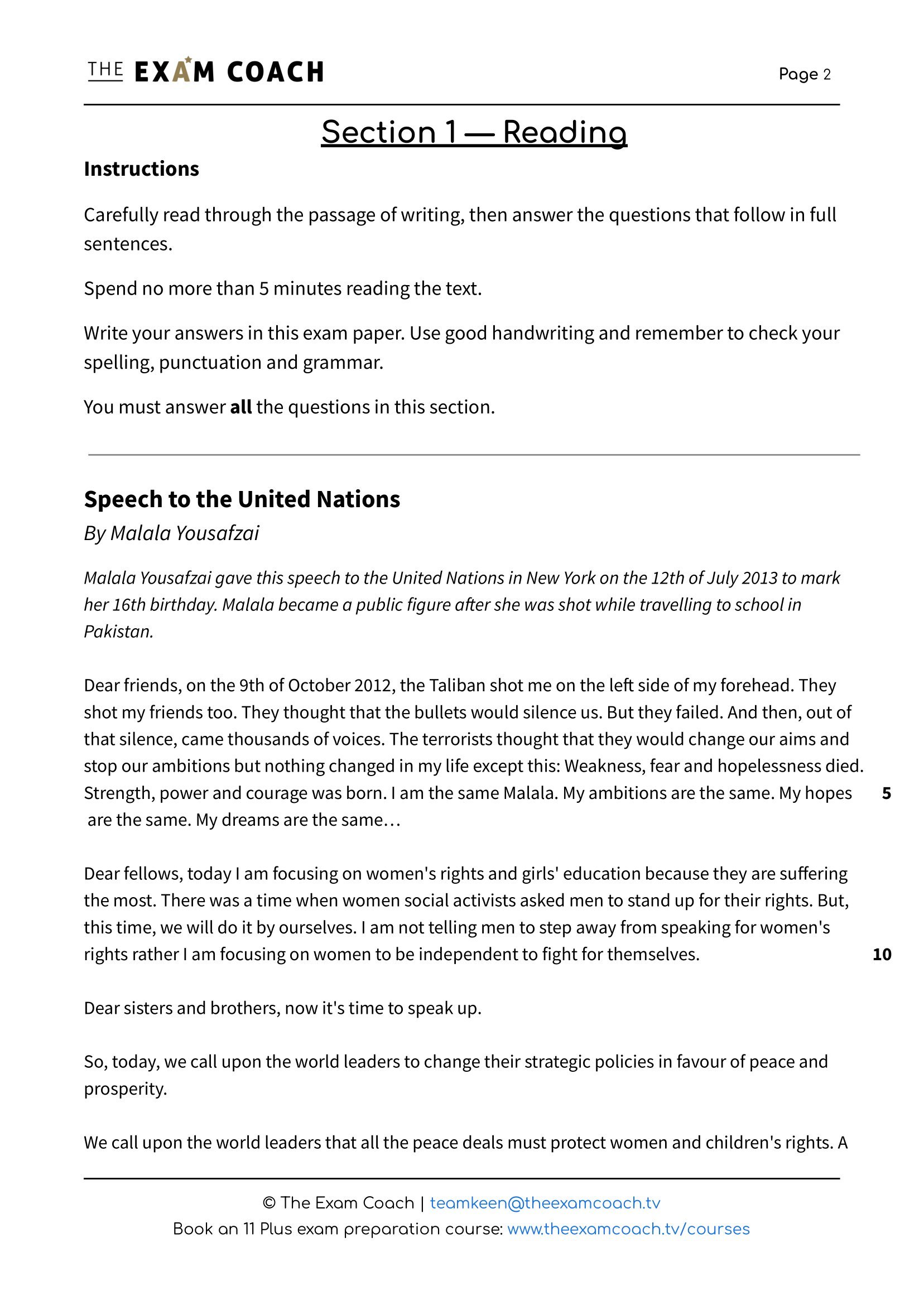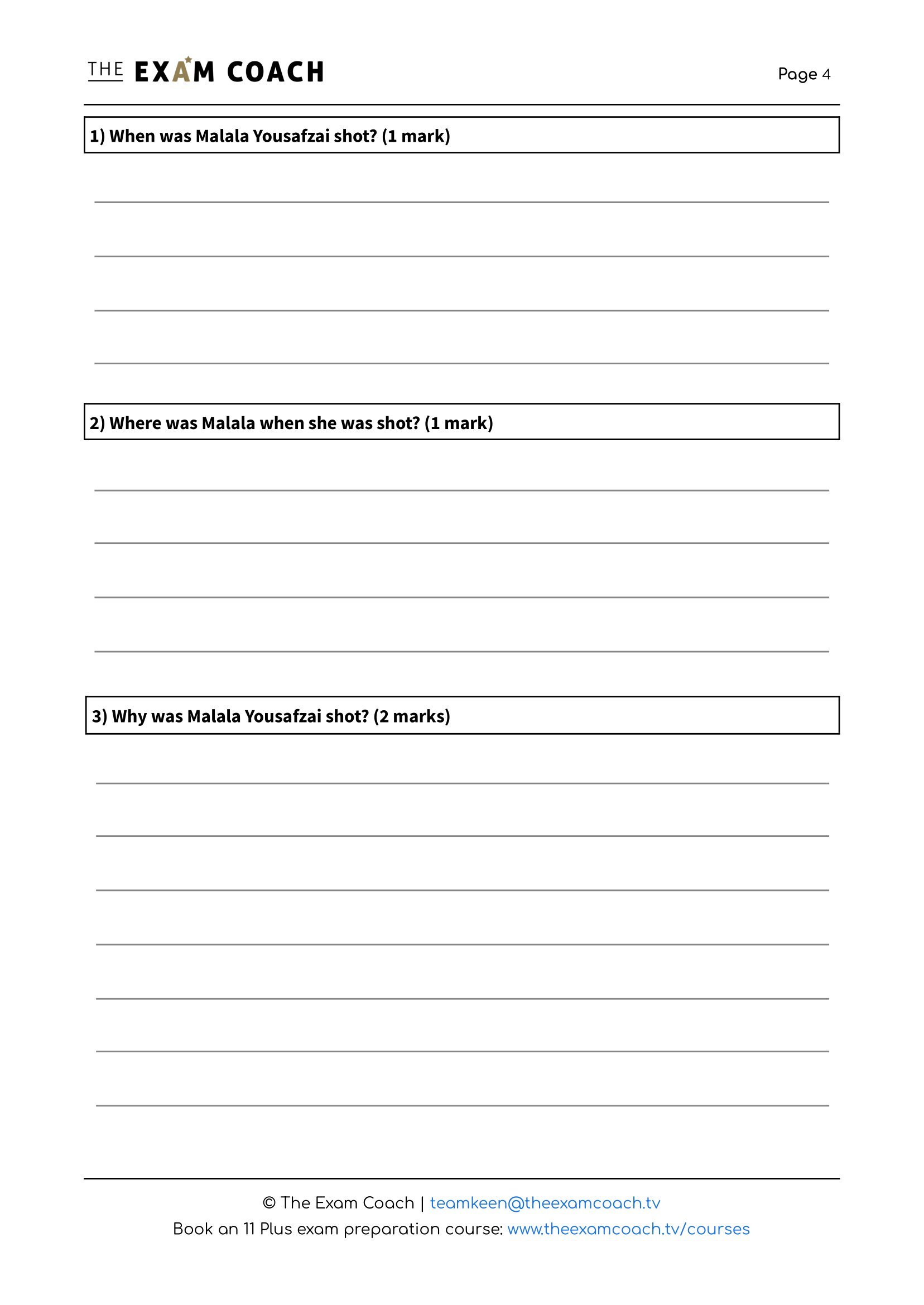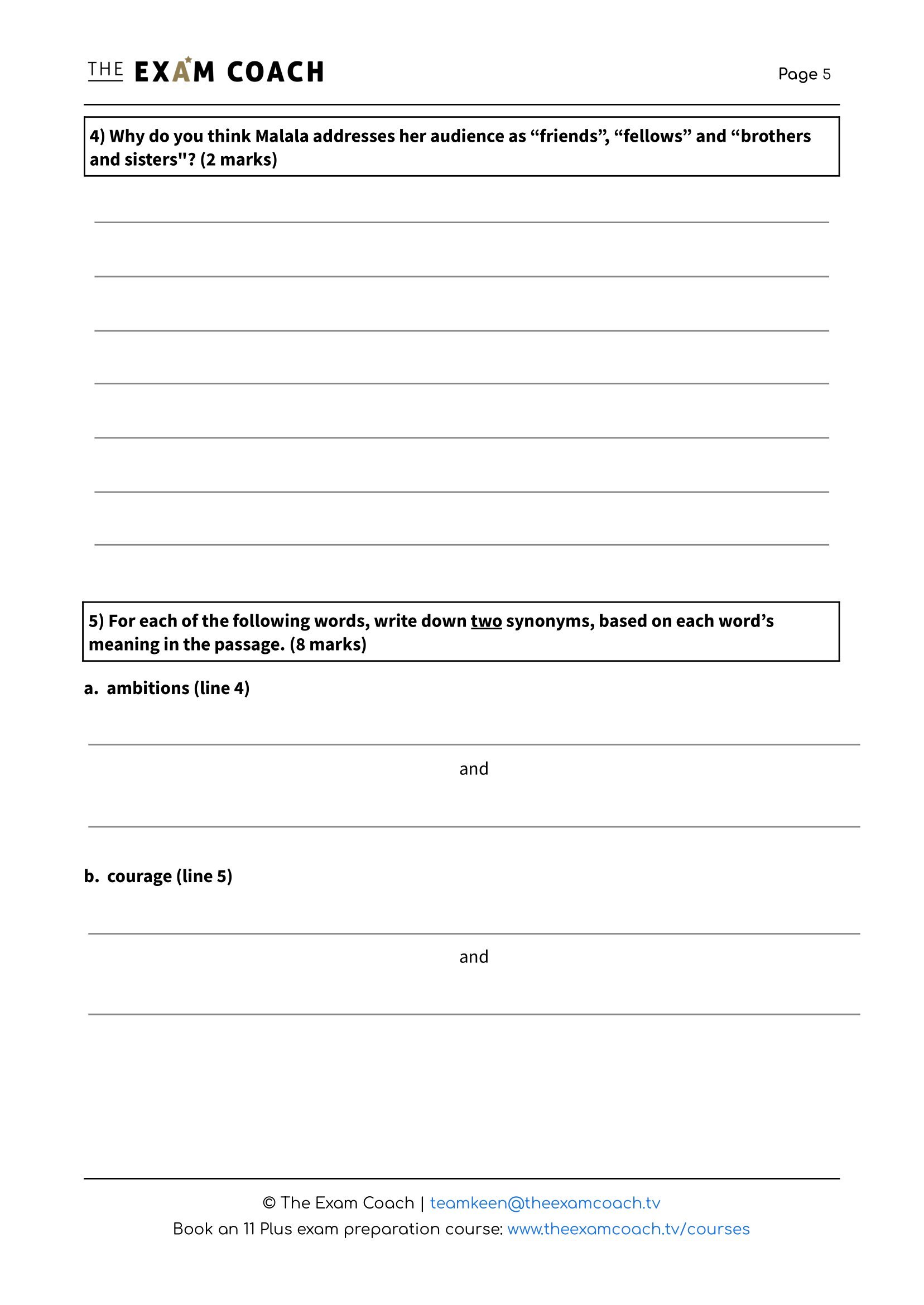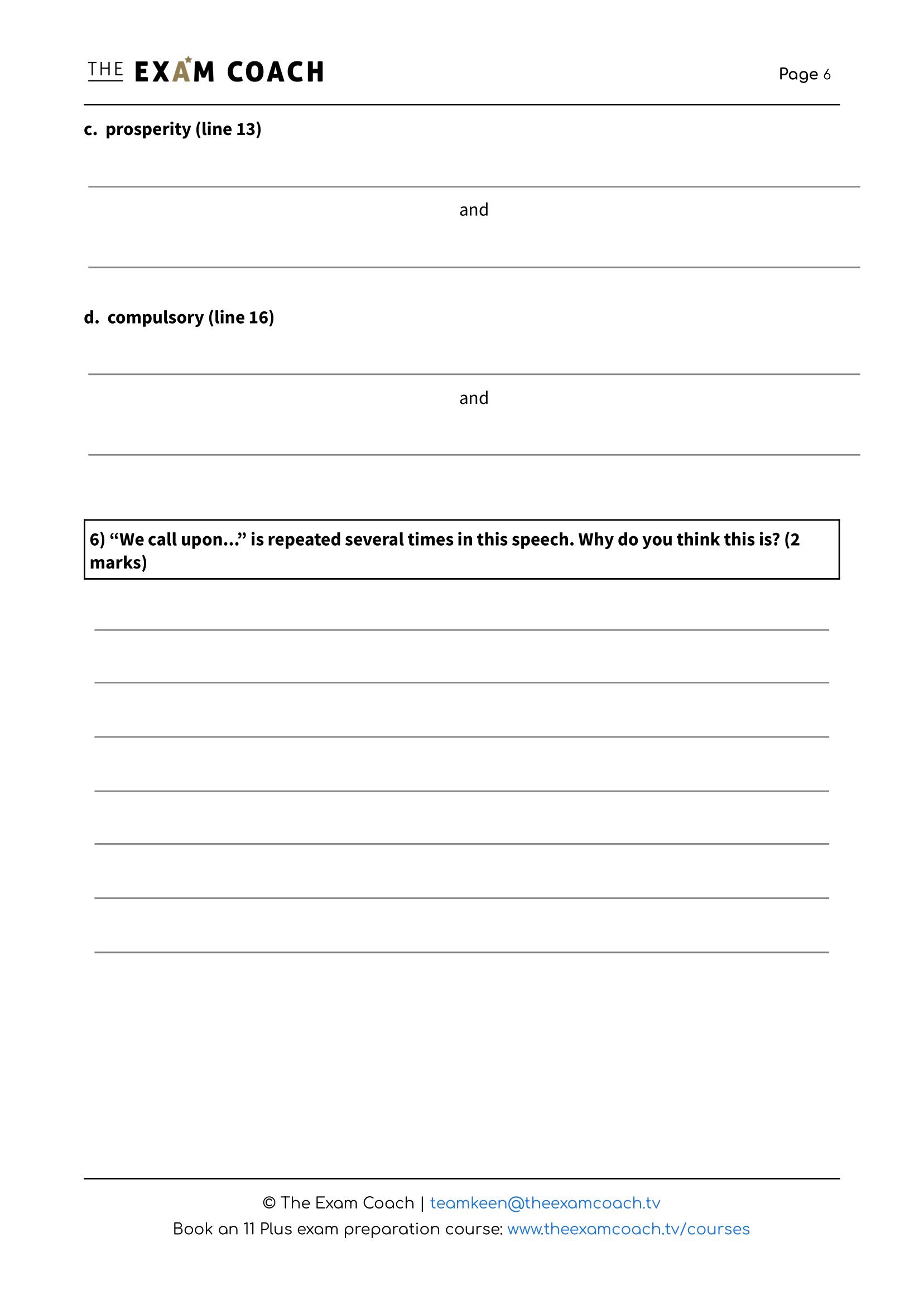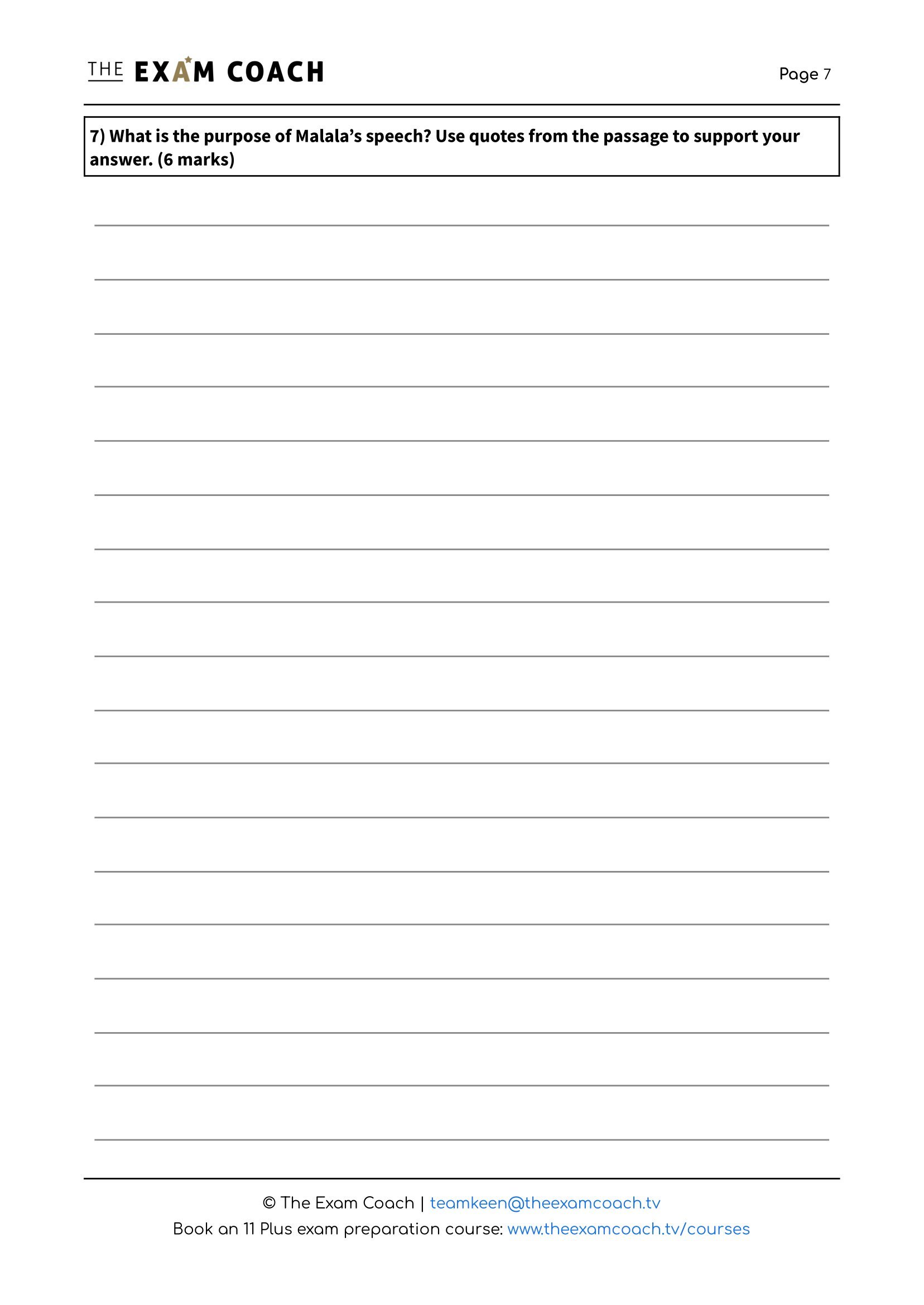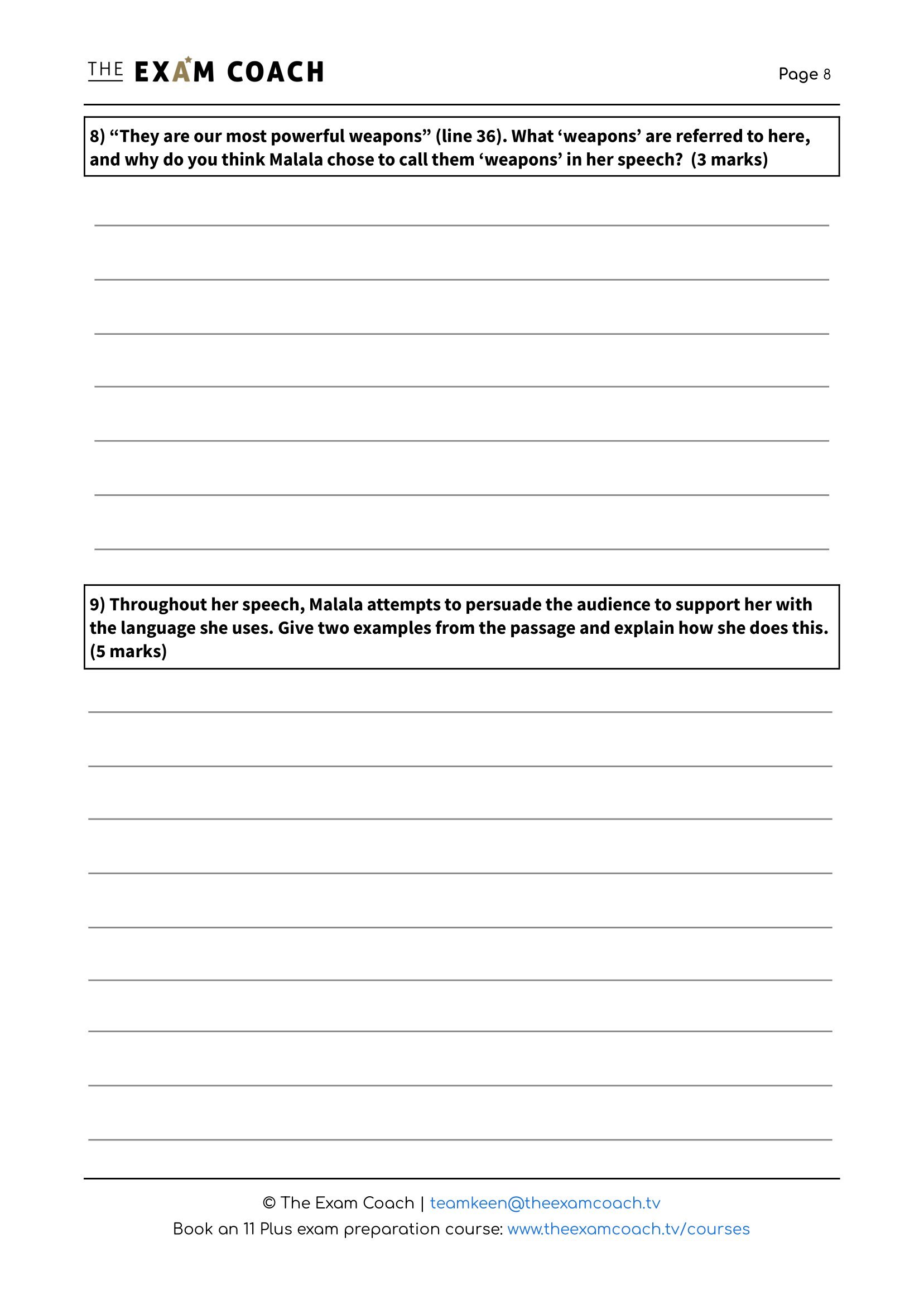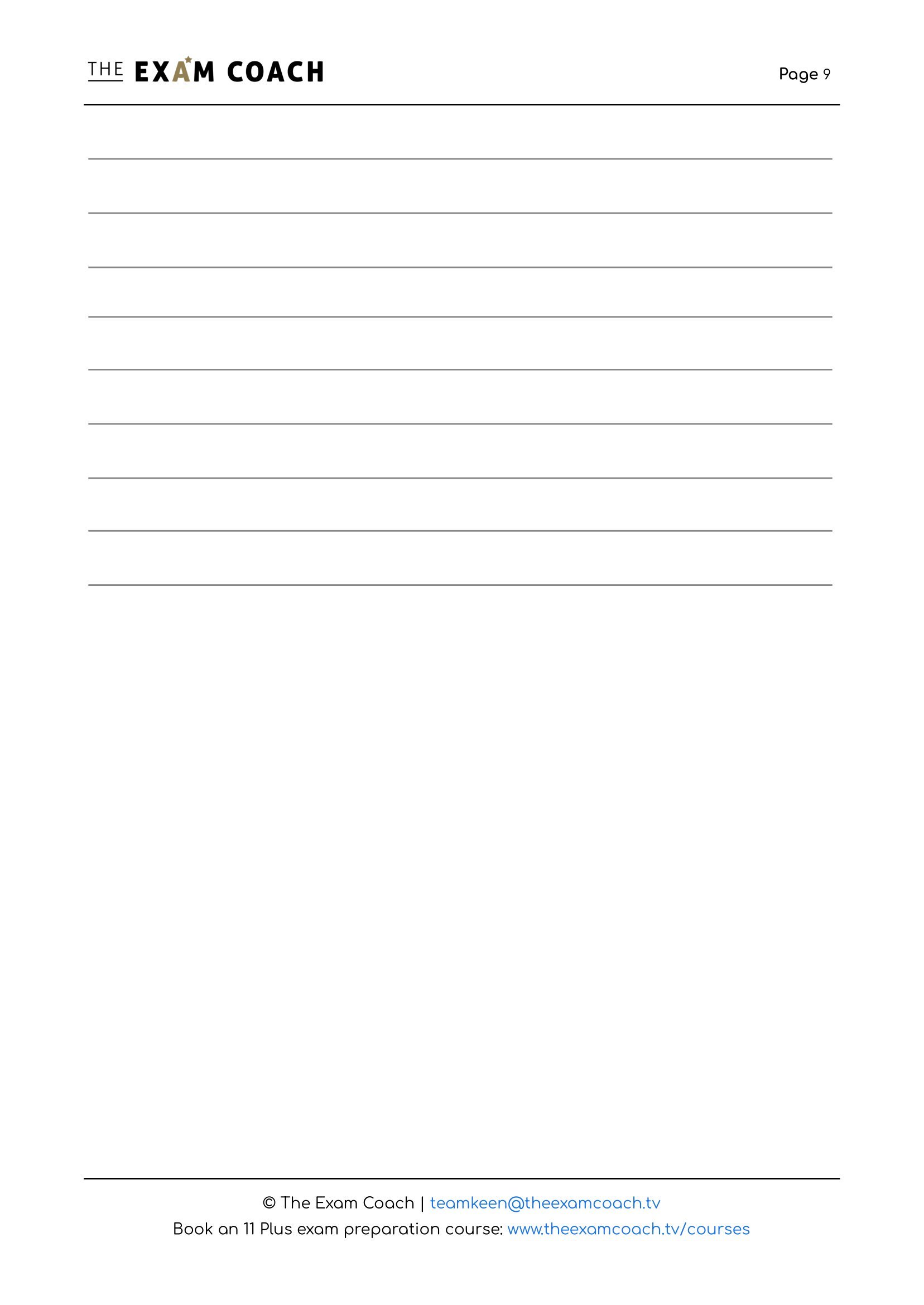The UK's educational landscape is on the cusp of significant change following the landslide victory of the Labour Party in the most recent general election, on the 4th of July 2024. The proposed removal of tax-free status (also known as ‘charitable status’) for private schools by the new government has the potential to reshape the educational choices available to many families across the UK. This will particularly affect those considering the 11+ route into key private and grammar schools.
In this article, we will dive into the possible consequences of this policy shift, exploring the financial implications for parents, the ripple effects on both private and state-funded grammar schools, and the evolving role of 11+ tuition providers.
Contents
The Financial Fallout for Parents
The removal of tax exemptions could trigger a sharp rise in private school fees. While the date of this change is currently unknown, the impacts it could have on families are huge, and therefore it is wise to begin planning ahead now.
Initial estimates suggest a potential increase of around 20% on schools fees each year.
While some schools may choose to absorb a portion of the additional costs, it's reasonable to anticipate an increase of at least 10% for parents.
Such hikes could render private education financially unattainable for many families, prompting them to reconsider their educational strategy entirely. Many families with children currently in private schools may also be forced to move them into state schools.
The Ripple Effect on 11 Plus Grammar School Admissions
As private school fees escalate, many parents may turn their attention to state-funded grammar schools as a viable and cost-effective alternative. These schools, renowned for their academic rigour and impressive track record, offer a high-quality education without the hefty price tag. However, this increased demand could lead to a surge in competition for grammar school places, making the 11+ entrance examination even more competitive and critical.
The 11+ exam is a selective test taken by students in their final year of primary school (Year 6) who are seeking admission to competitive private or grammar schools. It typically assesses their abilities in English, mathematics, verbal reasoning, and non-verbal reasoning. With the potential influx of applicants from families who previously considered private education, the 11 plus will become increasingly more competitive, with even higher cut-off scores and more rigorous selection processes.
Preparation for the 11+ will become even more crucial, with tutoring and additional support playing an even greater role. Families who were once confident of securing a private school place may now find themselves searching for grammar school options (which are already heavily oversubscribed).
The ripple effect will also be felt in the broader 11 Plus landscape. The demand for 11+ preparation resources, tutoring services, and mock exams is likely to rise. Parents will be seeking out every possible advantage to ensure their child's success in this increasingly competitive environment.
Moreover, the heightened competition for grammar schools could lead to a widening of the educational gap. Students from affluent backgrounds, who often have access to private tutoring and additional educational resources, may be better equipped to navigate the 11+ process. This could potentially disadvantage students from less privileged backgrounds, who may not have the same level of support.
The changing landscape of 11+ admissions will also impact the choices that families make. Some may choose to relocate to areas with a higher concentration of grammar schools, or opt for private schools that offer scholarships or bursaries to offset the increased fees. Others may choose to invest heavily in private tutoring to give their child the best possible chance of success in the 11+ exam and beyond.
Private Schools at a Crossroads: What Will Change?
The proposed tax reforms are poised to create big changes within the private school sector, acting as a catalyst for adaptation and innovation. Top-tier institutions, with longstanding reputations, distinguished alumni networks, and a loyal clientele, may weather the storm relatively unscathed. These schools have historically commanded premium fees, and their prestige may continue to attract families willing and able to absorb the increased costs, especially from overseas.
However, the outlook is less certain for lower-tier private schools, with a record number having closed in recent years. These institutions, which may already be grappling with challenges such as declining enrolment, increased competition from state-funded grammar schools, and financial constraints, could face significant difficulties in filling their places in the coming years. The proposed tax reforms could worsen these issues, as parents become increasingly price-sensitive and explore alternative options.
To remain viable, private schools will need to adopt innovative strategies to attract and retain students. One potential avenue is to expand their international student recruitment efforts. International students, often from affluent families, may be less deterred by the fee increases and could provide a much-needed source of revenue for struggling schools.
Another strategy could involve a greater emphasis on scholarship programs and financial aid. By offering more generous scholarships and bursaries, schools can broaden their appeal to a wider range of socio-economic backgrounds, attracting talented students who might otherwise be unable to afford a private education. This could also help to foster a more diverse and inclusive student body, which is increasingly valued by parents and educational stakeholders. However, it is worth noting that competition for the various scholarships at these schools would rise.
The "Squeezed Middle": Families Facing New Educational Challenges
In the conversation surrounding the potential tax reforms for private schools, it's imperative to acknowledge the significant, yet often overlooked, group who will be most effected by these changes: families who harbour high academic aspirations for their children but lack the financial means to access the most prestigious educational institutions.
This "squeezed middle" cohort, consists mostly of professionals and has historically relied on a combination of scholarships, bursaries, and careful financial planning to make private education a possibility.
The proposed fee increases, however, threaten to shatter this delicate balance. For these families, private education was already a significant financial stretch, often requiring sacrifices in other areas of their lives. With the looming increases, private school may simply become unattainable, leaving them with limited options.
Grammar schools have long been a beacon of hope for such families, offering a pathway to a high-quality education that would otherwise be out of reach. These schools, with their emphasis on academic excellence, rigorous curriculum, and accessibility to students from all backgrounds, have played a crucial role in social mobility, enabling countless bright children from less affluent families to achieve their full potential.
However, the increased demand for grammar school places, driven by families priced out of the private sector, will inevitably lead to heightened competition. The 11+ entrance examination, already a daunting prospect for many, will become even more critical, with success or failure potentially determining a child's entire educational trajectory.
For those families who do not secure a grammar school place, or who live in areas without grammar schools, the stakes for Year 6 SATs will be raised. These national curriculum assessments, which evaluate students' proficiency in English and maths, will take on added significance as they are often used by secondary schools to determine set placement. Strong SATs results could open doors to higher sets in secondary school, providing access to a more challenging curriculum and potentially better educational outcomes. Conversely, lower scores could result in placement in lower sets, limiting a child's potential and academic progress.
Students from affluent backgrounds, who often have access to private tutoring, additional educational resources, and a network of contacts, may be better equipped to navigate the 11+ process. This could potentially disadvantage students from the "squeezed middle," who may not have the same level of support, creating a new educational divide.
This situation underscores the urgent need for targeted support for families caught in this educational squeeze. This includes comprehensive 11+ preparation programs that level the playing field, ensuring that all students, regardless of their socio-economic background, have a fair shot at securing a grammar school place. Additionally, initiatives to provide financial assistance and scholarships for students from lower-income families could help to mitigate the impact of rising private school fees and ensure that academic talent is not stifled by financial constraints.
11+ Tuition And Help: For Private and Grammar School Entry
Times are changing and the role of 11 Plus tuition/resource providers is becoming increasingly significant. 11 Plus specialists, such our ourselves, offer specialized guidance and preparation for the 11+ entrance examination, scholarship assessments, and other exams that determine a student's educational trajectory. With the stakes higher than ever, the expertise and support offered by 11+ tuition providers can be invaluable for families navigating these uncertain times.
If you’re currently preparing for the 11 Plus, you can view our 11+ workshop and course schedule here.
At The Exam Coach, we are 11 Plus exam experts, focusing on our specialisms:
11+ Creative Writing
11+ Comprehension (both multiple choice and written answer)
11+ Verbal Reasoning
11+ Persuasive Writing
To help students master these subjects, we offer the following services:
Our 5-day courses:
Consist of five 90-minute sessions.
Can be taken by students up to 12 months before their 11+ exams.
Teach students the full set of skills and techniques they will need.
Worksheets, homework and class notes are provided. Homework marking consists of written marking accompanied by individualised actionable feedback delivered via a spoken audio message.
The proposed tax reforms for private schools undoubtedly signal a new era for education in the UK. The financial implications, the heightened competition for grammar school places, and the challenges faced by families with limited resources will all shape the educational choices made in the years to come. It's a time of both challenges and opportunities, with the potential for positive change and innovation in the education sector.
Got any questions? If so, leave them in the comments below.






